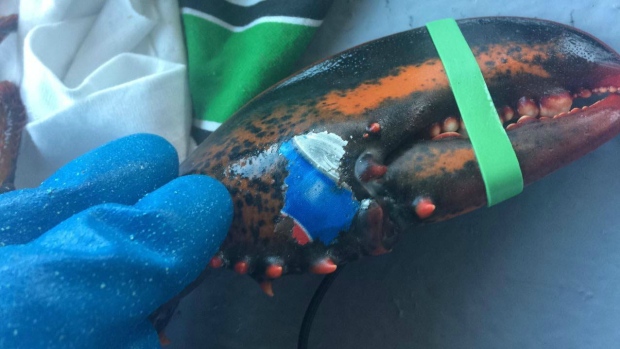It’s a victory that’s been a long time coming—Canada is banning some of the most common plastic waste littering our streets, beaches, forests, rivers and oceans.
By the end of the year, it will be illegal in Canada to manufacture or import single-use plastic items including grocery bags, cutlery, stir sticks, six-pack rings, straws and certain take out containers, the federal government announced Monday, June 20.
“This is a big deal for New Brunswick communities and especially for our beautiful outdoor spaces that for way too long have been blighted by harmful garbage,” said Lois Corbett, Executive Director here at the Conservation Council of New Brunswick.
“These bans will stop billions of pieces of plastic waste from polluting our forests, rivers and oceans, threatening everything from songbirds to North Atlantic right whales. It’s a tremendous victory, from the waters and coastline of the Baie des Chaleurs to the Bay of Fundy and all points in between.”

New Brunswickers saw stark and disheartening evidence of the pervasive litter problem in our waters when a fisher in Grand Manan caught a lobster with part of the iconic Pepsi logo imprinted on its claw like a tattoo.
Often we think of garbage floating on top of the water and washing ashore beaches. The ‘Pepsi lobster’ showed there is no part of the ocean, from the surface to the seafloor and all creatures who live throughout, free of the risk of damage from people’s garbage.
The move makes Canada one of only a handful of countries to ban single-use plastics, and only the second country ever to ban the export of single-use plastics.
Details of the ban include:
- Canadian plastic manufacturers will have until the end of 2022 to halt production of the newly-banned plastics and until the end of 2023 to stop selling them;
- The ban ends the export of banned plastics by 2025; and,
- It also closes technical loopholes from previous drafts that would have allowed more durable single-use plastic options to replace items of common use, such as cutlery and checkout bags.
“Since we started our campaign to ban single-use plastics in the mid 2010s, we’ve helped more than 5,000 New Brunswickers sign petitions for bans in their communities,” Corbett said. “Every New Brunswickers who stood up and said ‘No more!’ owns a piece of this victory today.”
While the ban puts Canada on the right path to being a global leader in reducing plastic pollution, it’s only the first of many steps the government must take to reach its goal of zero plastic waste by 2030.
We’ll continue working with government, from the municipal to the federal level, toward additional bans to address other single-use plastics that continue to plague the environment.
